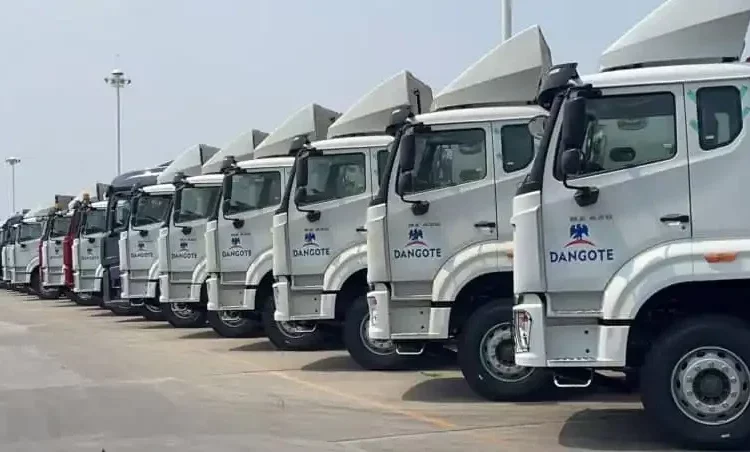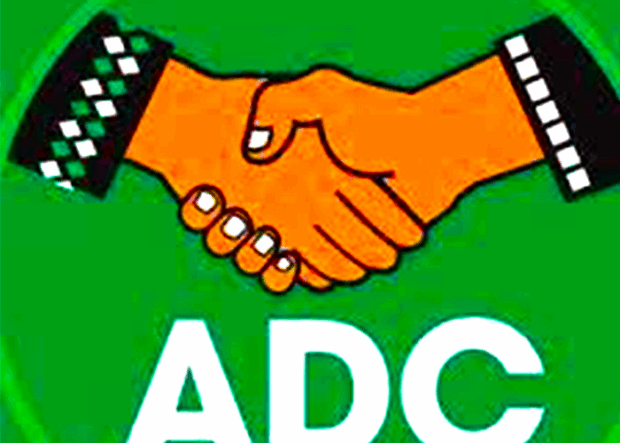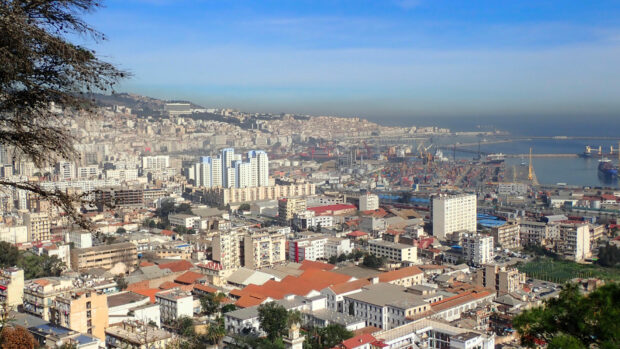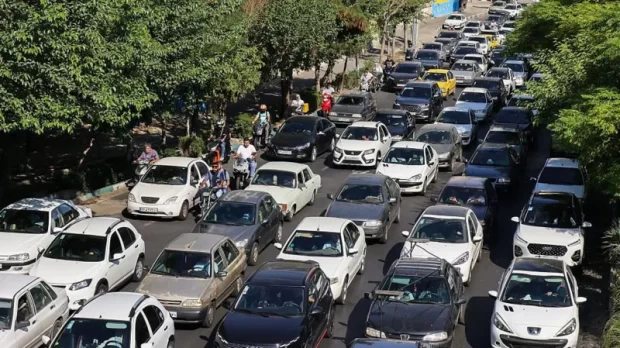
Dangote Launches Nationwide Fuel Delivery Initiative
The Dangote Petroleum Refinery has announced a major new fuel distribution plan set to begin on August 15, 2025 .
Under the initiative, the company will offer free transportation of Premium Motor Spirit (PMS) , diesel , and aviation fuel to:
- Fuel marketers
- Petrol station dealers
- Manufacturers
- Telecom companies
- Aviation sector
- Other large consumers
This move aims to improve fuel access, cut costs, and reduce inflation linked to high energy prices.
New Tankers, Lower Prices, Cleaner Environment
As part of the rollout, Dangote plans to deploy 4,000 brand-new Compressed Natural Gas (CNG)-powered tankers .
Experts say this could disrupt the current oil supply chain by reducing reliance on middlemen and lowering emissions.
Public analyst Dr. Abimbola Oyarinu said the policy could weaken the influence of powerful intermediaries who have long controlled fuel logistics in Nigeria.
“These middlemen, including tanker drivers, have held the nation to ransom before. This new system gives Dangote more control and may finally bring relief at the pump.”
He added that Nigerians will judge the success of the move mainly by how much it lowers fuel prices and eases inflation.
“A Revolution” – Analyst Hails Move
Energy analyst Ibukun Phillips described the initiative as a “revolution” for Nigeria’s energy sector.
She explained that removing transport costs—which make up 10–30% of total fuel cost —will likely lead to lower prices at the pump.
“Rural communities often pay more for fuel than city dwellers, even though they earn less. This initiative can change that,” she said.
She also noted that the move could revive inactive filling stations and improve access to fuel nationwide.
In addition, the project is expected to create jobs, with at least 8,000 new driver positions opening up under the scheme.
Call to Action: Share Your Thoughts!
What do you think about Dangote’s new fuel delivery model? Could this be the game-changer Nigeria needs?
💬 Leave a comment below and join the conversation on how this initiative might impact everyday Nigerians.
📢 Don’t forget to share this article to help others understand what this new policy means for fuel prices and the economy.












Be the first to leave a comment